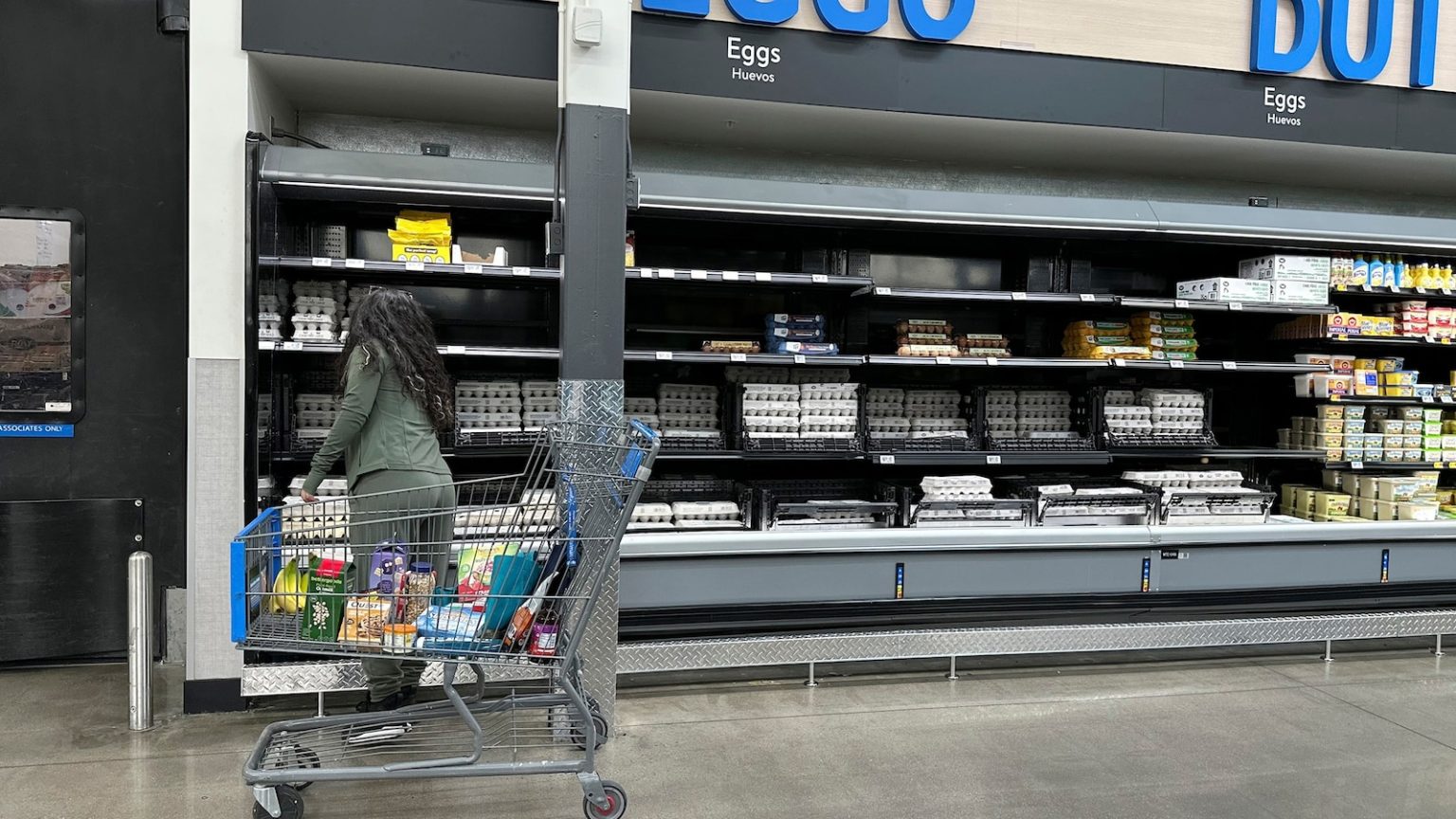The Growing Egg Shortage: How Avian Flu is Impacting Grocery Stores
The world of grocery shopping has taken an unexpected turn as avian flu continues to spread across the country, leading to a severe shortage of fresh eggs. Major grocery stores like Trader Joe’s, Costco, and Sprouts have introduced purchase limits on eggs, leaving many shoppers scrambling to stock up. This unprecedented move reflects the broader challenges facing the poultry industry as it battles the H5N1 virus, which has already claimed the lives of over 150 million birds. The situation is becoming increasingly dire, with egg prices soaring and supply chains struggling to keep up with demand. For consumers, this means a new reality of limited options and a constant hunt for this staple food.
The Avian Flu Epidemic: A Perfect Storm for Egg Shortages
At the heart of this crisis is the highly contagious and deadly H5N1 avian flu, which has swept through poultry farms nationwide. The virus is not only devastating egg-laying flocks but also forcing farmers to cull millions of birds to prevent further spread. This drastic reduction in the number of egg-producing hens has sent shockwaves through the supply chain, leading to empty shelves and frantic consumers. While the flu primarily affects birds, its impact on human life is significant, particularly in the food sector. The financial strain on farmers and the psychological toll on shoppers are just the beginning of what could be a long and challenging road ahead.
Retailers Take Action: Purchase Limits and Customer Reactions
In an effort to manage the shortage, major retailers have implemented strict purchase limits on eggs. Trader Joe’s has set a limit of one dozen eggs per customer per day, while Costco and Sprouts have capped purchases at five dozen and four dozen, respectively. These measures aim to ensure that as many customers as possible have access to eggs, but they have also sparked frustration among some shoppers. Social media platforms like TikTok and Instagram are filled with images of bare shelves and long lines, as well as videos of customers racing to grab the last cartons of eggs. Many have expressed their disappointment and even humorously compared the situation to a real-life game of "The Hunger Games."
The Ripple Effects: Economic and Social Implications
The egg shortage is not just a temporary inconvenience; it has far-reaching economic and social implications. For low-income families and vulnerable populations, the rising cost of eggs—and the inability to purchase them in bulk—can exacerbate food insecurity. Small businesses, particularly those in the foodservice industry, are also feeling the pinch, as they struggle to maintain their menus and pricing. Beyond the immediate economic impacts, the situation has shed light on the fragility of our food systems and the need for greater resilience in the face of crises. As the shortage continues, the question on everyone’s mind is: what’s next?
Looking Ahead: How the Egg Industry Might Recover
While there is no quick fix for the egg shortage, there are steps being taken to address the root causes. Researchers are working tirelessly to develop more effective vaccines and treatments for avian flu, while farmers are exploring alternative poultry management practices to reduce the risk of outbreaks. In the meantime, consumers are being encouraged to explore alternative protein sources and support local, sustainable farming practices. The road to recovery will be long, but with collaboration between the industry, government, and consumers, there is hope for a more stable future.
Conclusion: Navigating the New Normal in Grocery Shopping
As shoppers adapt to this new reality, one thing is clear: the egg shortage has brought about a sea change in the way we think about food and supply chains. For now, purchase limits and creative meal planning are the norm, but they also remind us of the interconnectedness of our world. While the situation is undeniably challenging, it also presents an opportunity to rethink our food systems and build a more resilient future. For now, we can only hope that the situation improves soon and that eggs will once again be plentiful on store shelves. Until then, we will have to navigate this unexpected chapter in the history of grocery shopping.















